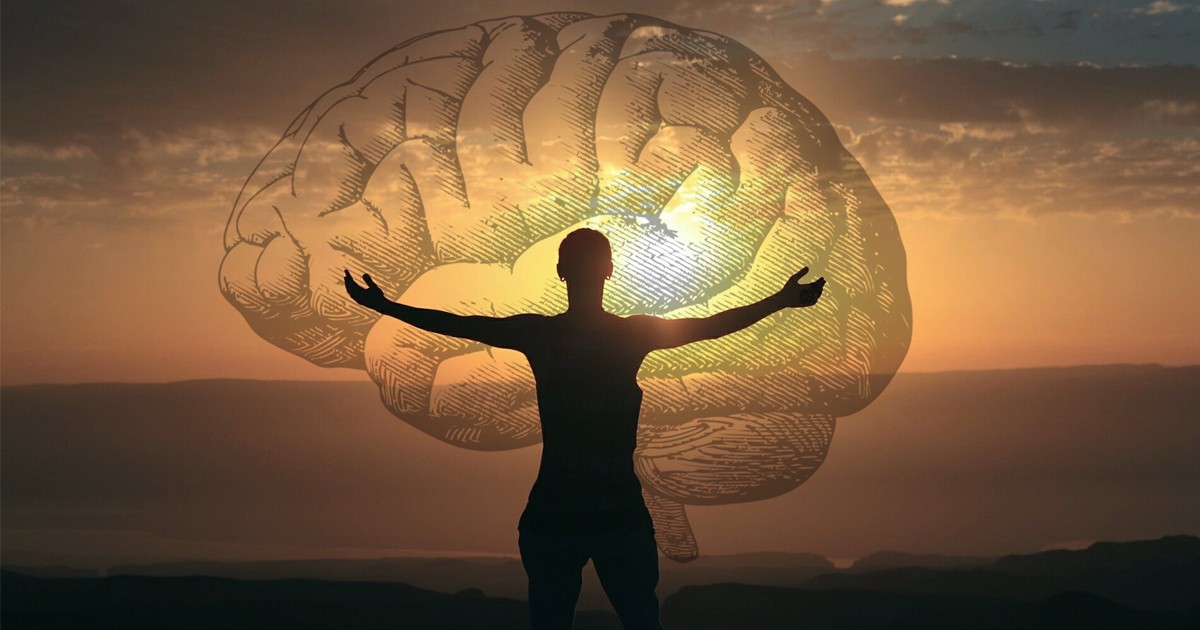Being Thankful Can Impact Our Mental Health
Being Thankful Can Impact Our Mental Health

Being Thankful Can Impact Our Mental Health
It’s the time of year again, where Americans are gathering with family to eat turkey with all the fixings and get the holiday season festivities rolling. But the Thanksgiving holiday is more than just an opportunity to eat a large feast. It’s also a chance to express gratitude and feel thankful for all the good parts of our life that we can celebrate.
Being thankful is more than just an opportunity for personal reflection. By practicing gratitude and thankfulness all year, we can also improve our mental health. A gratitude practice will help us cultivate qualities that improve our mental health.
This Thanksgiving, let’s focus on the developing following mood-bettering traits:
Positivity
All of us have challenges in our lives, but no matter how difficult the struggle, there’s always something for which we can feel grateful. By being thankful, we take the focus off what’s not going well and learn to pay more attention to what is. Thinking about the positive and paying extra attention to the wonderful parts of our lives helps us reframe our thoughts and develop a more positive outlook and attitude. The ability to embrace positivity reduces our risk of developing conditions like anxiety and depression.
Generosity
Being thankful takes us outside of our own insular worlds and helps us see the potential and good in other people. Gratitude brings an openness to the way that we interact with others, since we’re spending less time focusing and worrying about our own problems. Whether it’s appreciating other people for what they do, offering to lend a hand, or giving financial support, being thankful gives us the inspiration and energy to fully support our clients and loved ones in being all they can be. Generosity in turn improves our own mental health by decreasing our own anxieties and worries.
Communication
The same openness that makes us more generous through gratitude also opens up positive channels of communication. Instead of focusing on expressing our frustrations and difficulties with other people, we’re more likely to pay careful attention to what’s good about our relationships. This leads to addressing our clients and loved ones from a strengths based perspective and having the courage to also share our needs. Improved quality of relationships and more connectedness helps us feel better as well.
Empathy
Anxiety and stress make us more likely to focus on our own difficulties and less able to share our gifts with other people. Being thankful relaxes us, giving ourselves a kindness and compassion toward our clients and loved ones, giving us the fullest opportunity to have empathy for wherever their lives might be. Empathy brings us to help others as best as we can, bringing a sense of peace and love into our own lives as well. Increasing our empathy for others has been shown to improve our own inner coping skills and ability to bond with others.
With thankfulness being such an important part of Thanksgiving, now is the perfect time for you to begin practicing gratitude every day instead of just once a year. When you wake every morning, start the day by naming at least three things you’re thankful for in your life. And when you’re thankful for the generosity or contributions from others, be sure to let them know.
Happy Thanksgiving from all of us at AATBS, with our deepest gratitude and appreciation to all of you!



